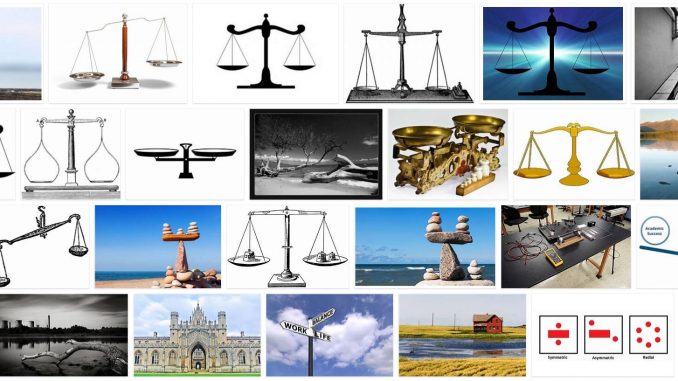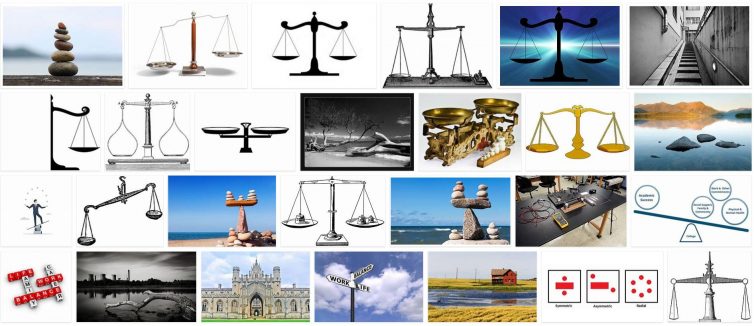
The balance is the instrument used to weigh masses of objects. The terminology balance comes from the Latin bilanx which bi means “two” and lanx means “plate” so it expresses “two-plate balance.”
The oldest scale is made up of two plates that hang on a horizontal bar that is held in its center and is level when in balance, the object to be weighed is placed on one of the plates and on the other plate weights until leveling horizontally the bar.
The laboratory or chemical balance is of great precision since it weighs reagent mass for chemical or biological analysis.
In the economic field, the term of the balance of verification is an accounting document that specifies the movements and balances of the debtors and creditors of the economic operations that alter or affect the financial information of the entity, the balance of verification is intended to locate errors of a certain period and correct them as well as verify if the sums coincide with the charge and credit column.
However, the balance of law is a legal symbology which represents the judgment or the weighting of the arguments and evidence presented in order to give each one their due.
Likewise, there is the term equilibrium is the person who weighs the metals in the coin house before and after coining or minting.
The term balance can be used as a synonym for: scale, weight, Roman, among others.
The term scale translated into English is “scale“.
Balance of trade
The trade balance is an economic indicator that records the monetary difference of imports and exports of a country for a certain time. The result is observed from the deduction of imports to the exports made which may reflect two results: positive or surplus indicates that there are more exports than imports or negative or deficit that indicates that there are more imports than what is exported.
Balance of payments
The balance of payments is an accounting document that records the operations derived from the trade of goods and services and the operations derived from the movements of capital between one country and the other countries in a given time. The central banks of each country are responsible for recording the operations in the balance of payments. The balance of payment is made up of three basic accounts; checking account, capital account and financial account. In the balance of payment there are no surplus or deficit terms since the balance of payment is always balanced because the sum of all income from the rest of the world is equal to the total sum of payments made to the rest of the world.
